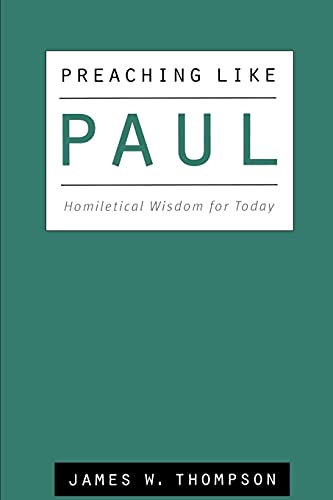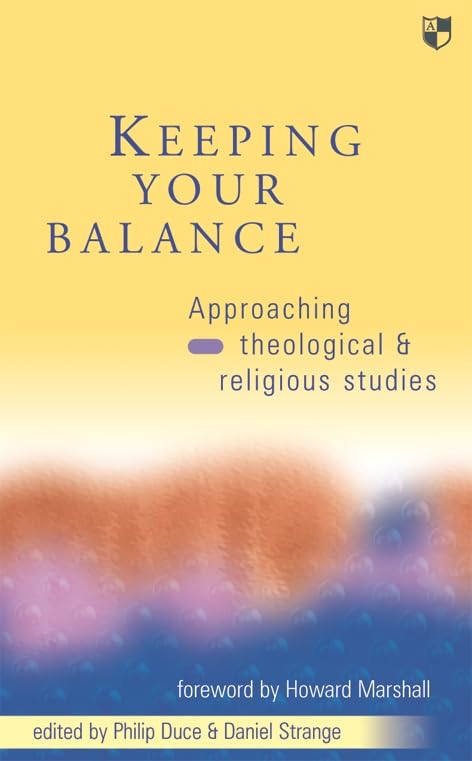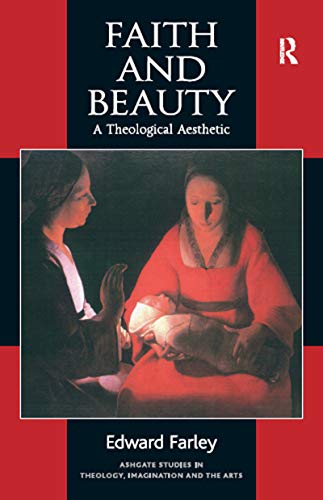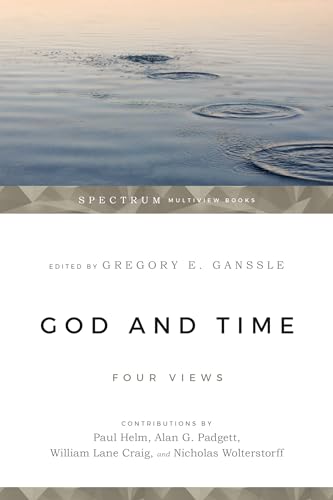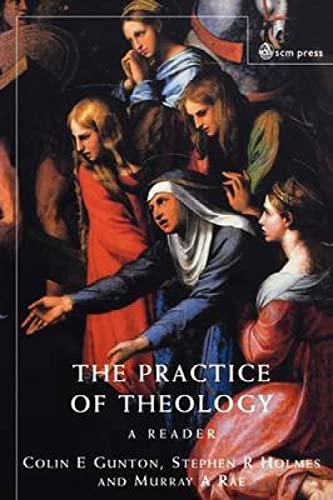ANCIENT ISRAEL’S FAITH AND HISTORY: AN INTRODUCTION TO THE BIBLE IN CONTEXT
Written by George Mendenhall Reviewed By Alistair I. WilsonThe veteran OT scholar Professor Mendenhall is author of this book in a somewhat secondary sense. The text of the book is the result of Gary Herion’s work editing Mendenhall’s taped lectures, originally given to general audiences over a period of years from the mid-1980s. Once Herion had produced the text and gathered the various illustrations, etc., ‘Mendenhall then read everything, deleting, adding, and transposing material to create the finished text, beginning with his preface’ (xv).
The book is nicely produced in the ‘textbook’ format commonly adopted in recent years, in which the main text (divided into short sections) meanders through a variety of text boxes, maps, line drawings, etc. Ideally, these illustrate the main text, but at least they provide the student with a brief diversion to maintain interest. Many of the illustrations and text boxes provide informative reference to non-canonical materials, such as the representation of the Merneptah Stela (49) with the reference to Israel highlighted, or the citation of a Hittite treaty (59), while others contain citations of biblical documents. An interesting feature of the book is that several of the illustrations are drawn or painted by Eathel Mendenhall, the author’s wife.
As the book’s title suggests, Mendenhall’s text attempts to do justice to issues of both religious conviction and historical event. In terms of material covered Mendenhall certainly makes a valiant effort, drawing heavily on sociology and archaeology along the way. A brief introduction considers the nature of religion in general. There follow eight chapters on the Genesis accounts of creation and the patriarchs in the context of the Ancient Near East, Moses and the Exodus (including a discussion of the ‘ten commitments’), the so-called ‘twelve-tribe federation’, the transition to the monarchy, Solomon and his legacy, the Josian reform, the exile and finally Jesus as the reformation of Yahwism.
While Mendenhall provides much useful information, in the end many readers of Themelios will, I think, be far from satisfied with his conclusions, particularly those relating to the historical foundation of the biblical narratives. Although Mendenhall regards himself as standing somewhere between the ‘maximalists’ (e.g. ‘fundamentalists’) and the ‘minimalists’ (115), it seemed to me that he tended much more towards the latter than the former position. An extended quotation may serve to illustrate this point: Mendenhall regards the narratives of the ‘former prophets’ as the result of creative recasting of traditions ‘to make the past support Josiah’s vision of the ideal Israel.’ He continues,
This blending of the premonarchic faith of Sinai with narrow, ambitious nationalism and imperialism introduced terrible and tragic religious confusion into the biblical tradition, permanently etching in many people’s mind the notion that Yahweh was, from the beginning, the god of one particular nation and one particular group of people. Perhaps nowhere is its unhappy effect more evident than in Joshua 1–11, where the early Yahwists are inaccurately depicted along the lines of Josiah’s ideal—as an army invading Canaan in a genocidal campaign to gain control of territory promised them by their god (173).
Such lack of sympathy with the perspective of the biblical text inevitably leads to a reading which stands over the text in judgement.
Suggestions for further reading at the end of each chapter depend heavily on standard dictionary articles, although those monographs and articles which are included are significant, if rather inaccessible to most general readers. Evangelical scholarship is poorly represented, with some notable exceptions such as J. Hoffmeier’s work on Israel in Egypt. The book concludes with a substantial glossary and indices of foreign terms; scripture and ancient sources; and subjects.
Alistair I. Wilson
Alistair I. Wilson
Highland Theological College UHI
Dingwall, Scotland, UK



